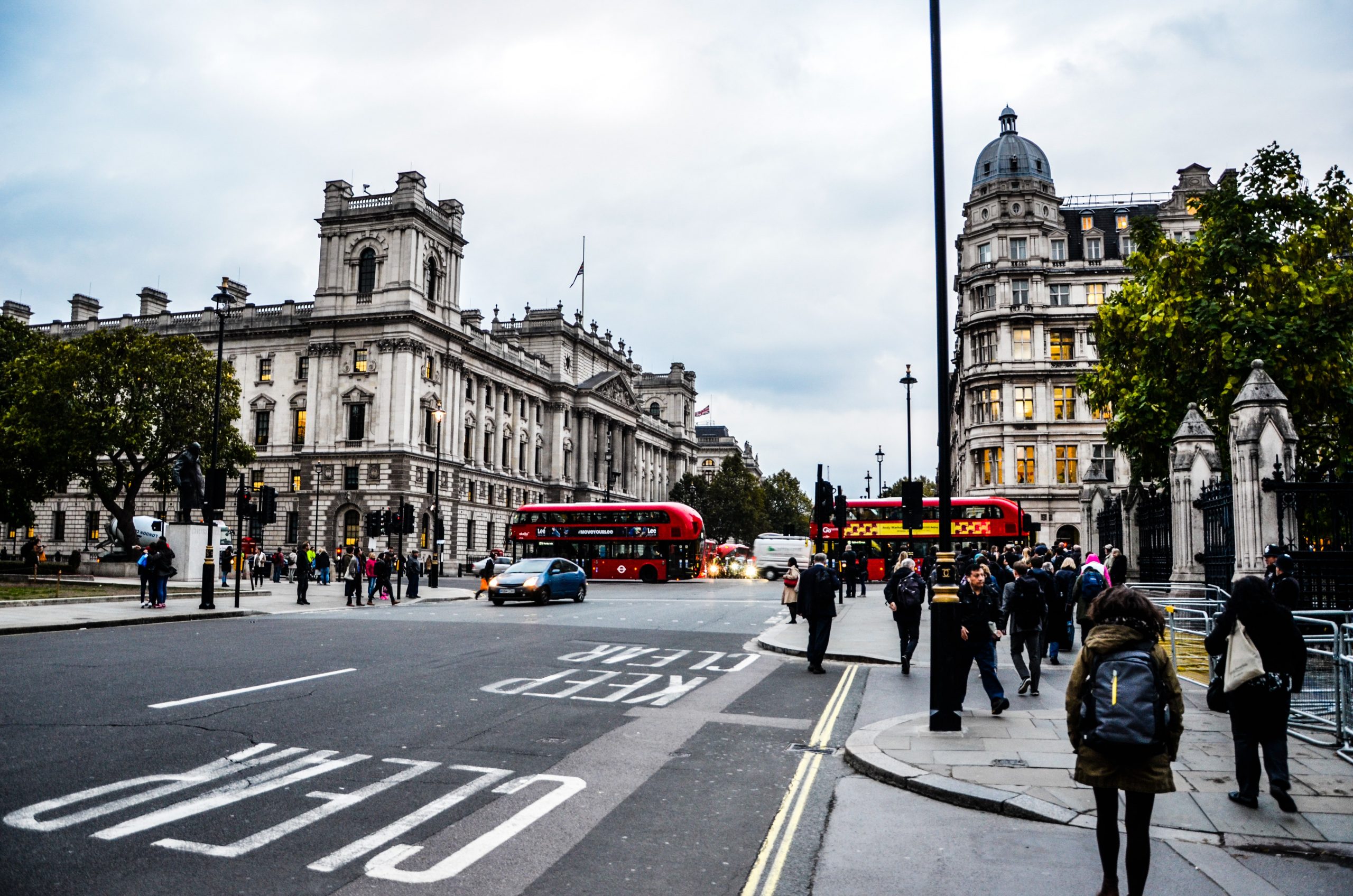
Only a few Britons wear masks in public throughout the coronavirus pandemic, according to data from market research firm YouGov.
The latest recorded data showed that 38% of Britons claimed they wear masks in public, versus 88% in Spain and 83% in Italy.
The figures in Italy and Spain are almost similar to countries in Asia, where mask wearing was found common even before the coronavirus. According to YouGov data, 90% of people in Singapore said they don masks in public, along with 82% in China.
UK Health Minister Matt Hancock announced Tuesday that wearing masks or coverings would be a requirement starting July 24. Fines could go as high as £100 if people do not comply with the new policy, according to Hancock.
To date, the use of face coverings is only required on public transport on June 15. The government urged the public to wear face masks in enclosed spaces where social distancing was not possible to contain the spread of the virus.
Data compiled by Johns Hopkins University showed the coronavirus pandemic has infected over 13.3 million people worldwide and led to a death toll of 578,628.
Compulsory
According to Stephen Reicher, a professor of social psychology at the UK's University of St. Andrews, Spain and Italy's use of masks early on in the pandemic had been perhaps even lower than in the UK.
He said that changed because masks became compulsory. He noted that Italy was able to increase the usage without the threatening the public with fines, so he did not agree that the new rules must be “accompanied by enforcement, or repression, or fines.”
Reicher pointed out that “lack of a clear leadership and clear guidance” has been the reason why fewer people wear masks in the UK.
Susan Michie, a professor of health psychology at University College London, mentioned the lack of clear messaging as the reason why masks are not common in the UK and other countries.
She explained that there could have been “high adherence” on transport and in shops if the government encouraged the public to don masks in enclosed spaces and then followed it up with an effective public information campaign and then mandating.
In her email, Michie told CNBC that the UK government had been “late to the table,” adding this was the case with implementing lockdowns and building its “test-trace-isolate” strategy.
Meanwhile, Helen Spencer-Oatey, a professor at the University of Warwick’s Centre for Applied Linguistics, said consistent comments from officials about masks being not helpful in curbing the spread of the virus had “undermined beliefs about (their) efficacy.”
Moreover, the gradual change of messaging meant the public “don’t know what to believe.”
Effectiveness
A study published in the medical journal The Lancet suggested that Social distancing and wearing of masks found effective in reducing Covid-19 risk.
When it comes to social distancing, the chance of virus transmission at a distance of less than 1 meter was 12.8%. However, that becomes 2.6% at a distance of more than one meter. What is more effective is distances of two meters. The veracity of the evidence appeared “moderate.”
For face masks, the likelihood of transmission without a face mask or respirator was 17.4%. That became 3.1% when a mask was worn. Meanwhile, the certainty of the evidence was found “low.”






